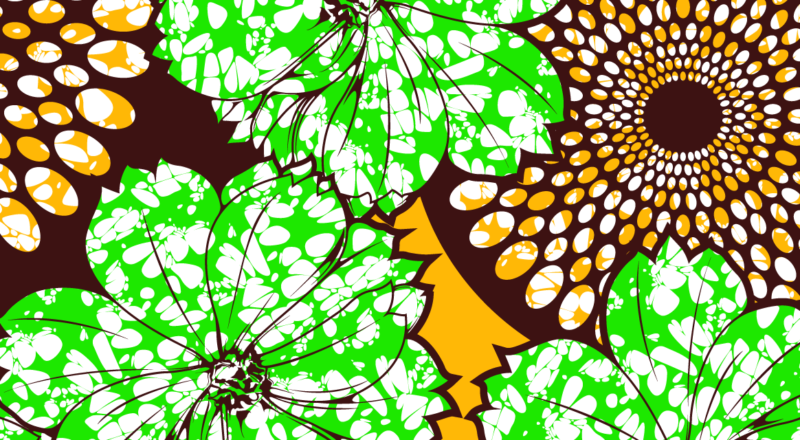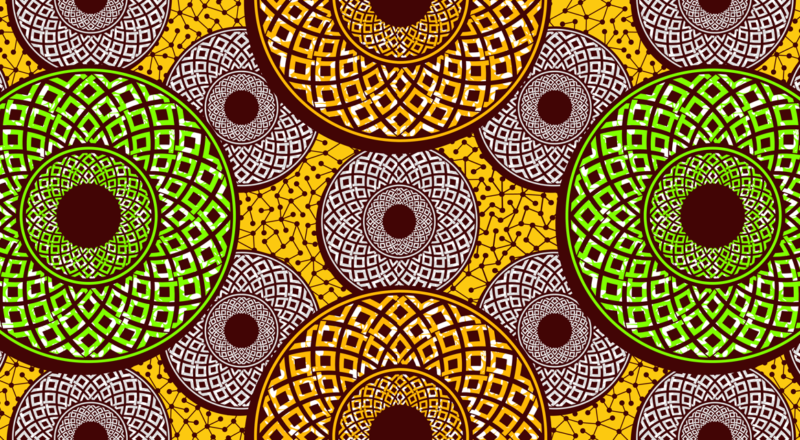A Hausa example of something that happens across West Africa, but is not often recorded. A singer accosts a prominent person in public, in this case a merchant, and begins praising him. But the praises are ambiguous, and unless the singer is rewarded, they slip into savage satire.
There is no god but Allah,
this is the praise of Allah…






